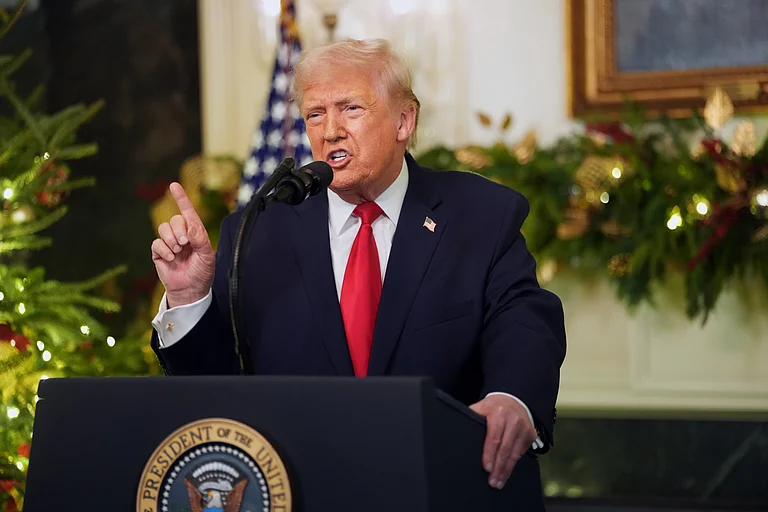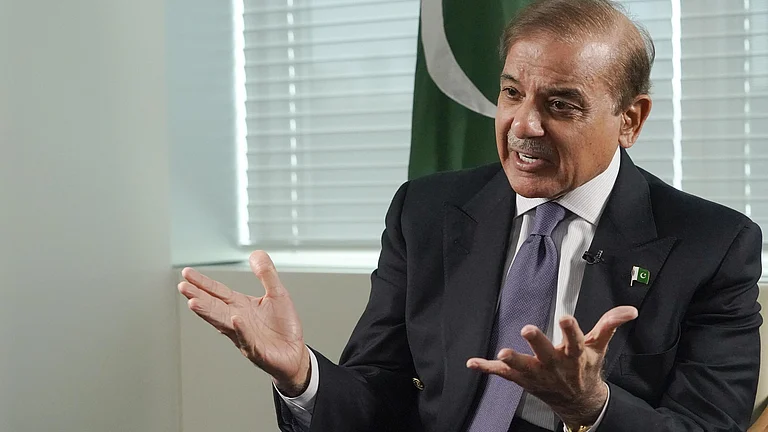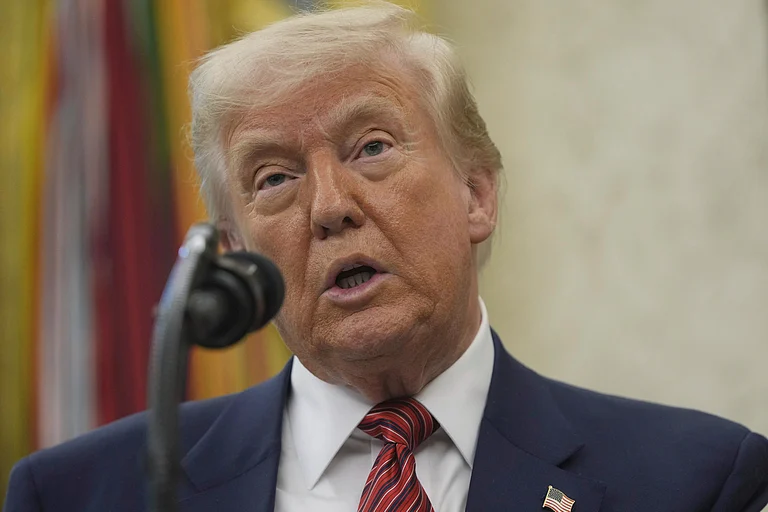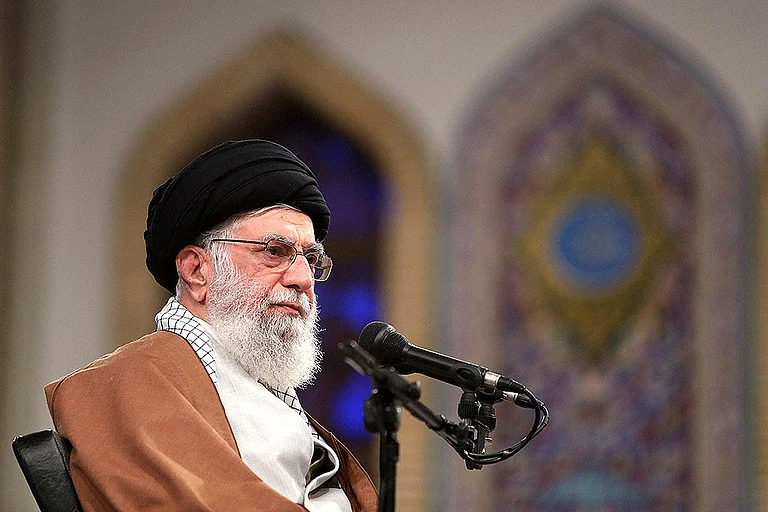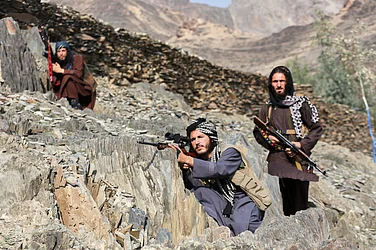
Prime Minister Shehbaz Sharif announced the creation of the Army Rocket Force Command, equipped with modern technology to enhance Pakistan’s conventional warfare capabilities.
The announcement follows a recent four-day military confrontation with India in May, which Sharif called a “major victory,” crediting Pakistan’s nuclear capability and thanking US President Donald Trump for facilitating a ceasefire.
The move comes amid a 20 per cent hike in Pakistan’s defence budget and growing strategic cooperation with allies including China, Saudi Arabia, Türkiye, and Iran.
Pakistan has announced the creation of a new Army Rocket Force Command, aimed at boosting the country’s war capabilities through modern technology.
According to PTI, Prime Minister Shehbaz Sharif made the declaration Wednesday night at an event marking Pakistan’s 79th Independence Day. The ceremony was attended by President Asif Ali Zardari, the chiefs of the three armed services, and several national and foreign dignitaries.
“On this occasion, today, I announce the formation of the Army Rocket Force Command,” Sharif said. “Equipped with modern technology and capable of targeting the enemy from every direction, this force will prove another milestone in further strengthening our conventional war capabilities.”
Sharif did not provide operational details of the new command, but its concept appears to be modelled on China’s People’s Liberation Army Rocket Force, which manages a range of land-based ballistic, cruise, and hypersonic missiles, as reported by PTI.
The announcement came days after Pakistan Army Chief General Asim Munir issued a nuclear threat to India from US soil, and former foreign minister Bilawal Bhutto Zardari warned that Pakistan would not back down if pushed into war.
Sharif hailed the May 2025 military clash with India as a “major victory” for Pakistan. He claimed that “in just four days, India’s arrogance was shattered” and thanked US President Donald Trump for “facilitating a ceasefire” between the two sides.
The confrontation began when India launched Operation Sindoor on May 7, targeting terror infrastructure in Pakistan and Pakistan-occupied Kashmir in retaliation for the April 22 Pahalgam attack that killed 26 civilians. Both nations agreed to end hostilities on May 10 after four days of drone and missile strikes. While Pakistan has credited US mediation, India has maintained that the understanding was reached through direct talks between the Directors General of Military Operations (DGMOs).
A month after the conflict, Pakistan increased its defence budget by 20 per cent for the 2025–26 fiscal year, citing the need to strengthen its armed forces.
In his speech, Sharif thanked friendly nations, including China, Saudi Arabia, Türkiye, Azerbaijan, the UAE, and Iran, for supporting Pakistan’s position during the conflict. He also called on political parties, civil society, and stakeholders to unite for the protection of national interests, framing the proposed national charter as a broad-based strategic framework rather than just an economic plan.
Sharif further highlighted Pakistan’s “unmatched sacrifices” in the fight against terrorism, citing the loss of 90,000 lives and over USD 150 billion in economic damage. On the economic front, he credited his government with bringing down inflation from 34% to 5% and cutting the interest rate from 21 per cent to 11 per cent.








